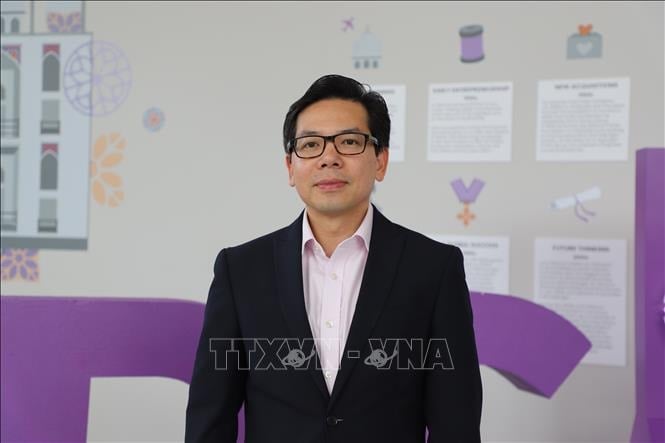
Professor, Dr. Dang Viet Anh, University of Manchester (UK), gave the above assessment in a recent interview with VNA reporters in the UK about the policy of developing the private economy in Vietnam.
Professor Dang Viet Anh said Resolution 68 sets out a vision and specific goals such as by 2030, Vietnam will have at least 1 million more private enterprises and by 2045, there will be 1 million more enterprises, bringing the total number of enterprises to at least 3 million, contributing about 60% of GDP compared to the current 50%.
Professor Dang Viet Anh highly appreciated the specific solutions stated in the resolution to create a level and transparent playing field for private enterprises, especially continuing to improve institutions to enhance the business environment, such as reducing time and costs for enterprises; reducing administrative procedures in new registration, mergers, acquisitions and dissolution of enterprises.
According to Professor Dang Viet Anh, Resolution 68 has solved the major problems of private enterprises: lack of capital, quality of human resources and investment in research and development (R&D). Resolution 68 has proposed solutions to support private enterprises, especially small and medium enterprises, in accessing capital, especially loans from banks and investors, as well as improving the quality of human resources through training in the form of cooperation between enterprises and universities, and using new technology to improve labor quality.
In addition, Resolution 68 emphasizes the need to continue investing in R&D, especially in innovation - a key factor for long-term business development. Professor Dang Viet Anh believes that Vietnam needs to prioritize investment in strong areas such as electronics, electrical appliances, garments, agriculture , as well as new areas such as artificial intelligence (AI), blockchain, digital assets, electronic assets, and information technology.
Professor Dang Viet Anh also pointed out an important solution to enhance the position and export capacity of Vietnamese private enterprises, which is to integrate into regional and world markets through cooperation with large international corporations such as Samsung Vietnam.
Assessing the current capacity of Vietnamese private enterprises, Professor Dang Viet Anh stated that Vietnam has an effectively operating system with 1 million enterprises and 5 million individual households, playing an important role in the economy, contributing nearly 50% of GDP, about 60% of investment and about 30% of budget revenue, creating jobs for about 40 million workers, accounting for about 80% of jobs in the economy.
According to Professor Dang Viet Anh, the private sector also plays an important role in reducing regional inequality, urban-rural inequality as well as gender inequality in Vietnam. With about 5 million individual economic households and 1 million enterprises, the private sector helps develop the local economy and create jobs, especially for women.
Professor Dang Viet Anh said that with the specific solutions proposed in the Resolution, it is important to put the solutions into practice. He said that it is necessary to issue laws and regulations to create a transparent business environment, improve business management policies, and raise the quality and quantity of the Vietnamese economy as well as the private enterprise system.
Speaking about the role of the private economy in developing countries, Professor Dang Viet Anh affirmed the important role of this sector for developing countries like Vietnam. Subject to direct competition from the market, private enterprises operate more effectively thanks to improved production capacity, increased labor productivity and reduced costs.
In developing economies, the private sector currently contributes 70-80% of GDP and creates 80-90% of total employment. According to studies, the private sector also contributes up to 90% of investment in innovation, as well as research and development - key factors for businesses to improve their competitiveness.
Professor Dang Viet Anh cited private enterprises in developed and developing countries such as Apple of the US, Samsung of South Korea and BYD of China playing an important role in the economy, with many companies investing in R&D and innovation to serve production.
In addition, together with the public sector, the private economy can participate in investment in many areas such as infrastructure, health, education, and society, helping to reduce the investment burden for the state while contributing to the economy. The private sector also plays an important role in sustainable development, including green transformation, development of new technologies and green technology.
Source: https://baolamdong.vn/thay-doi-nhan-thuc-va-tu-duy-ve-kinh-te-tu-nhan-388654.html






![[Photo] Dan Mountain Ginseng, a precious gift from nature to Kinh Bac land](/_next/image?url=https%3A%2F%2Fvphoto.vietnam.vn%2Fthumb%2F1200x675%2Fvietnam%2Fresource%2FIMAGE%2F2025%2F11%2F30%2F1764493588163_ndo_br_anh-longform-jpg.webp&w=3840&q=75)

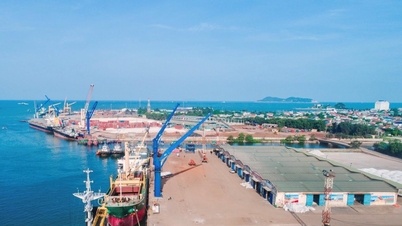

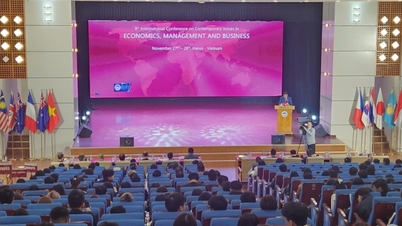



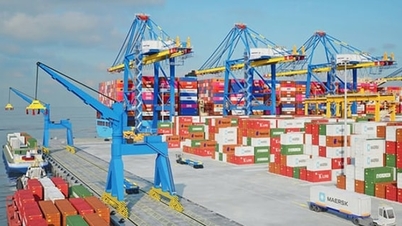













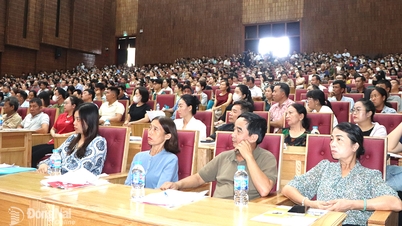



















































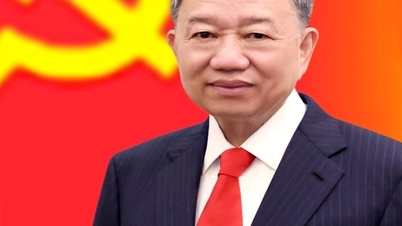




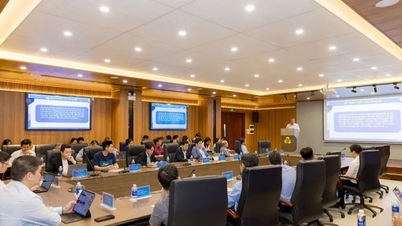





















Comment (0)